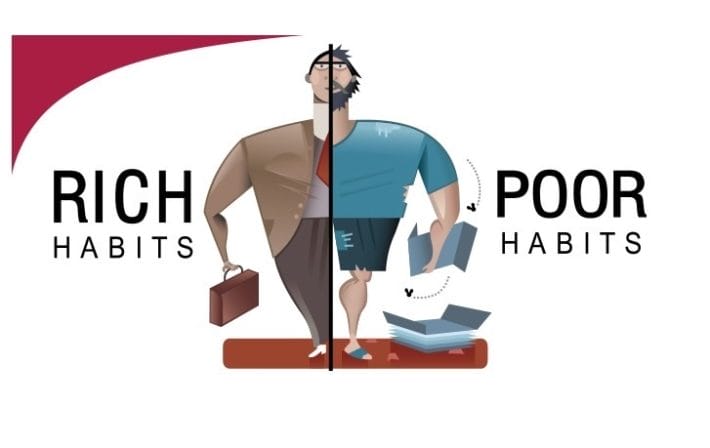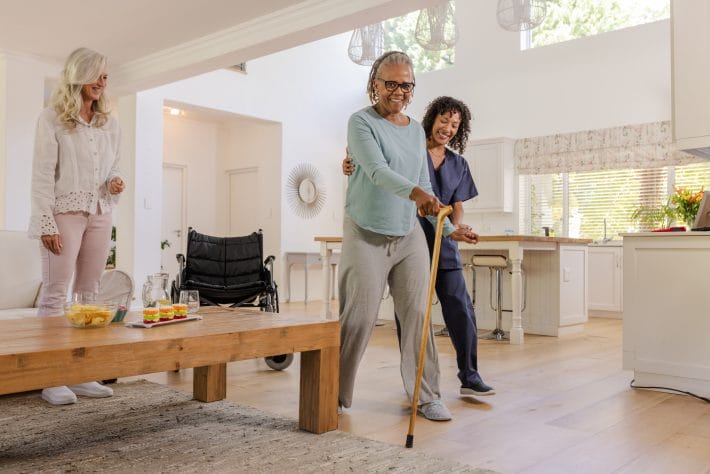Most people think of heart attacks as sudden, dramatic events marked by crushing chest pain. In reality, heart disease often builds quietly, with subtle symptoms that are easy to dismiss. Seniors are especially vulnerable because they may attribute these signs to aging or minor ailments. Ignoring early warnings can lead to serious complications, including heart failure or stroke. Recognizing underrated signs is critical for protecting long‑term health and independence.
1. Persistent Fatigue
Feeling tired after a long day is normal, but constant fatigue without a clear cause can signal heart trouble. When the heart struggles to pump blood efficiently, the body receives less oxygen, leading to exhaustion. Seniors may notice they tire easily during routine activities like walking or cooking. This fatigue often worsens over time, making daily tasks more difficult. Persistent tiredness should never be ignored, especially if it interferes with normal routines.
2. Swelling in Ankles or Feet
Fluid buildup in the lower extremities is a common but underrated sign of heart problems. When the heart cannot pump effectively, fluid accumulates in tissues, causing swelling. Seniors may notice shoes fitting tighter or socks leaving deep marks. While swelling can result from other conditions, it often points to heart failure. Monitoring changes in leg or foot size can provide early clues to cardiovascular issues.
3. Shortness of Breath During Mild Activity
Difficulty breathing after strenuous exercise is expected, but struggling to catch breath during mild activity is concerning. Seniors may feel winded after climbing a few stairs or walking short distances. This symptom suggests the heart is not delivering enough oxygen to the muscles. Shortness of breath may also occur while lying down, forcing seniors to sleep propped up. These changes often indicate worsening heart function that requires medical attention.
4. Dizziness or Lightheadedness
Frequent dizziness can signal poor blood flow to the brain caused by heart problems. Seniors may feel faint when standing quickly or during physical activity. Lightheadedness increases the risk of falls, which can be dangerous in retirement. While dizziness has many causes, recurring episodes should prompt evaluation of cardiovascular health. Ignoring this symptom can lead to serious complications if underlying heart disease is present.
5. Irregular Heartbeat
Occasional skipped beats are common, but frequent irregular rhythms may indicate atrial fibrillation or other heart conditions. Seniors may feel fluttering in the chest or notice rapid, pounding pulses. Irregular heartbeats increase the risk of stroke and require medical monitoring. Many retirees dismiss palpitations as stress or caffeine effects, but persistent irregularity is a red flag. Early detection allows for treatment that reduces long‑term risks.
6. Jaw, Neck, or Back Pain
Heart pain does not always appear in the chest. Seniors may experience discomfort in the jaw, neck, or upper back during exertion. These pains are often mistaken for dental issues or muscle strain. In reality, they can be referred pain from the heart signaling restricted blood flow. Recognizing these unusual pain patterns can prevent misdiagnosis and ensure timely treatment.
7. Nausea or Indigestion
Digestive discomfort is easy to dismiss, but nausea and indigestion can be signs of heart problems. Seniors may feel queasy or experience stomach pain during activity. These symptoms occur because reduced blood flow affects the digestive system. Women, in particular, often present with gastrointestinal symptoms during heart events. Persistent nausea or unexplained indigestion should be evaluated for cardiovascular causes.
8. Cold Sweats
Breaking into a cold sweat without exertion is another underrated warning sign. Seniors may suddenly feel clammy or drenched, even while resting. Cold sweats often accompany reduced blood flow and stress responses linked to heart trouble. Many retirees attribute sweating to menopause or medication side effects. However, unexplained episodes should raise concern about heart health.
9. Sleep Disturbances
Difficulty sleeping or waking frequently can signal heart problems. Seniors may struggle with breathing while lying flat, forcing them to adjust positions. Sleep apnea, often linked to cardiovascular disease, disrupts rest and increases risk of heart attacks. Poor sleep also contributes to fatigue and reduced quality of life. Monitoring sleep patterns provides valuable insight into overall heart health.
10. Anxiety or Sense of Doom
Emotional symptoms like sudden anxiety or a sense of impending doom can accompany heart issues. Seniors may feel unusually nervous or fearful without clear reason. These sensations often precede heart events, acting as subtle warnings. While anxiety has many causes, unexplained episodes should not be ignored. Emotional changes can be as important as physical symptoms in detecting danger.
Why Seniors Shouldn’t Ignore These Signs
Many retirees dismiss subtle symptoms as normal aging or minor inconveniences. They may avoid medical care due to cost, fear, or pride. Unfortunately, ignoring these signs allows heart disease to progress unchecked. Seniors who stay alert to changes in their bodies are better positioned to seek timely treatment. Awareness is the first step toward prevention and protection.
Heart health requires vigilance, especially in retirement. Seniors who recognize underrated warning signs can act before problems escalate. Regular checkups, healthy lifestyle choices, and prompt medical attention reduce risks. Retirement should be a time of enjoyment, not fear of hidden health threats. By staying informed, seniors protect both their longevity and their quality of life.
Have you noticed any of these underrated signs in your daily life? Sharing your experience could help others take action sooner.
You May Also Like…


Teri Monroe started her career in communications working for local government and nonprofits. Today, she is a freelance finance and lifestyle writer and small business owner. In her spare time, she loves golfing with her husband, taking her dog Milo on long walks, and playing pickleball with friends.
























